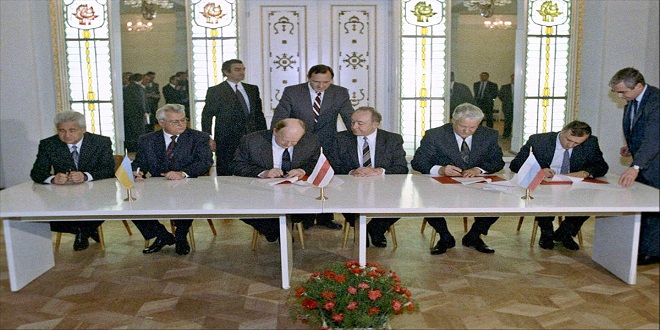T.H. Rigby on Soviet and Post-Soviet Russian Politics

In a brief autobiographical sketch in a 1990 volume of collected writings T.H. Rigby described his early intellectual influences.1 As an undergraduate and Masters student at the University of Melbourne immediately after the end of World War Two he was intellectually most stimulated by Karl Marx and Max Weber – although as he wrote: ‘I could never claim to be a real disciple of either’.
The influence of Marx was limited even at that early stage by Rigby’s inability to accommodate Marx’s views on property with what he knew of the social distribution of power and privilege in the USSR. The influence of Weber was far stronger. From the beginning Rigby was excited by the linkages that could be made between Weber’s typologies of authority and legitimation and actual social structures, including those of the Soviet Union.More Info About George Floyd
But after completing his studies at the University of Melbourne he put aside his interest in Weber for a decade and a half, while he pursued empirical investigations of Soviet society and its political system. His PhD thesis, at the University of London, was on ‘The selection of leading personnel in the Soviet state and Communist Party’,2 and had a strong and pioneering orientation towards the painstaking collection of data on officials.Watch Bollywood and Hollywood Full Movies iBomma
The accumulation of empirical knowledge and expertise continued during subsequent work in the UK Foreign Office Research Department and the British Embassy in Moscow, and then while teaching at the Canberra University College. It was only in 1963, recently arrived at the Australian National University’s Research School of Social Sciences, that he found himself part of a working group on Weber and returned to a serious study of the great German. He continued to be interested in Weber and used his concepts for the rest of his career
That approach to theory meant that there was always a modesty about the way he presented his theoretical ideas to the discipline. There was also a broadmindedness in his approach to theoretical matters. As we will see on various occasions in this chapter, he was not fond of the then mainstream behaviouralist political science.
And yet as a theoretical framework for his 1968 classic Communist Party Membership he used a heavily modified functionalist approach borrowed from Gabriel Almond.4 Although he was far from uninterested in or unknowledgeable of other parts of the world, his comparative interests were as instrumental as his theoretical interests, being totally devoted to the insights they might provide for our understanding of the USSR.More Info About 7starmovie
If the experiences of the Soviet Union contributed to the verification and development of a theory and to our understanding of the broader world, well and good, but that was not primary
Legitimacy
One of Weber’s greatest influences on Rigby was his concept of legitimacy and authority. Rigby believed that legitimacy was badly neglected in the political science of the 1960s and the following decades, dominated as it was, in his view, by ‘an urge to the analytical rigour and quantitative verification proper to certain of the natural sciences.’5 He was critical of Western scholars who were reluctant to grant communist regimes any legitimacy, ‘or if they do, to reduce it to an over-rationalised notion of “ideology”.More Movies Download from here Madras Rockers
His own view of the role of ideology was that, ‘as far as the Soviet Union is concerned, it would be as misleading to assume a universal cynicism or indifference towards the official legitimating values and world-view as to take avowals of them at face value, but that they probably acquire much of their force by association with other sources of legitimacy Plz visit here for information about 4movierulz




